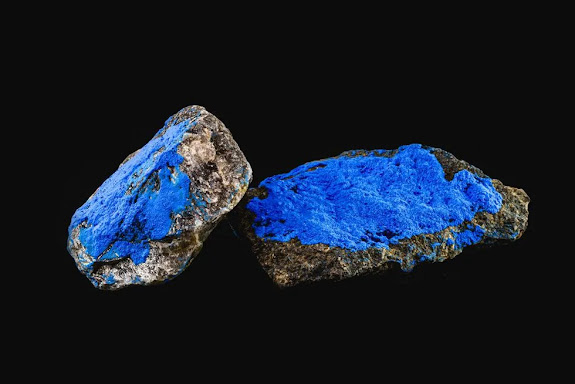Featured
- Get link
- X
- Other Apps
Why did Facebook change it's name to 'Meta'?
Facebook, the social media giant, recently made headlines with its announcement to change its name to Meta. This shift has sparked a lot of questions and speculations among its users and the tech community. So, what prompted the name change and what does it signify for the future of the platform?
First, it's important to note that Facebook has come a long way from its humble beginnings as a social network for college students. Over the years, it has evolved into a multi-faceted platform that connects people, enables communication, and provides access to information. With its increasing role as a gatekeeper of information, the company has realized the need to differentiate itself from its original identity as a social network.
"The prefix "meta" means "about" or "beyond," which perfectly captures the platform's role in enabling people to connect with and make sense of the world around them."
The name Meta reflects this transformation and encapsulates the company's broader mission to provide a meta-layer that connects people to information and enables them to explore and engage with it. The prefix "meta" means "about" or "beyond," which perfectly captures the platform's role in enabling people to connect with and make sense of the world around them.
In addition, the name Meta represents a move away from the highly personalized and algorithmically filtered content that has come to define Facebook's News Feed. Instead, the platform aims to provide a more open and transparent experience that empowers users to seek out and discover information on their own terms.
In conclusion, the name change to Meta is a reflection of Facebook's evolving purpose and mission. It signals a shift towards a more open and transparent platform that connects people to information and enables them to explore and engage with the world around them. This change will shape the future of the platform and the way we consume and interact with information online.
Popular Posts
Why Silicon Valley is Called Silicon Valley
- Get link
- X
- Other Apps
COBALT - The most important element in the world, and the dark side of mining it.
- Get link
- X
- Other Apps




Comments
Post a Comment